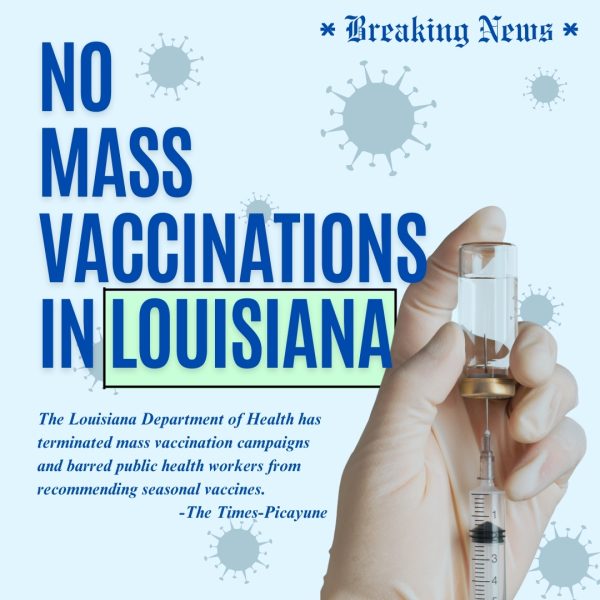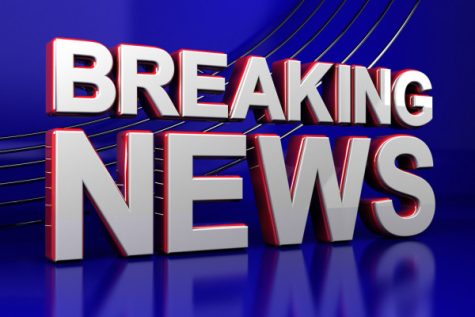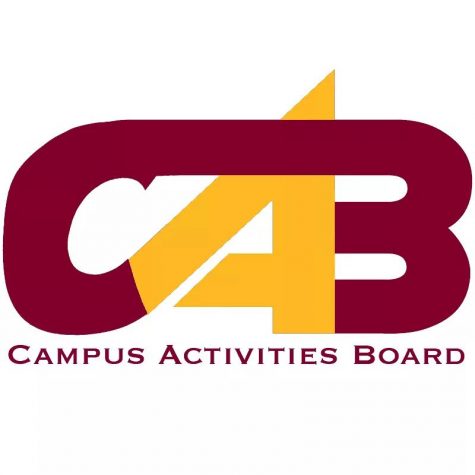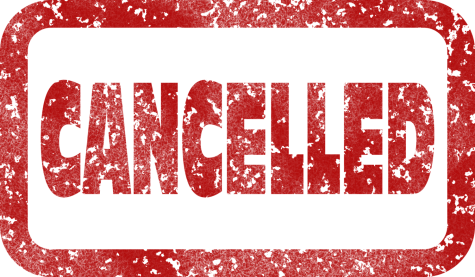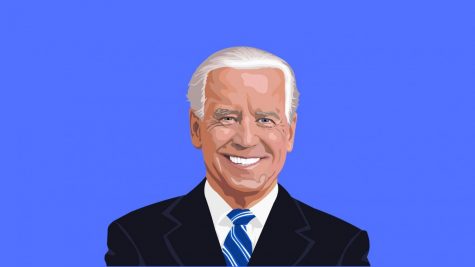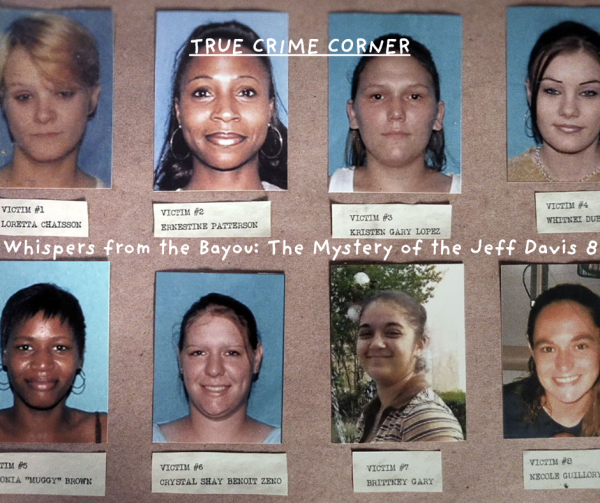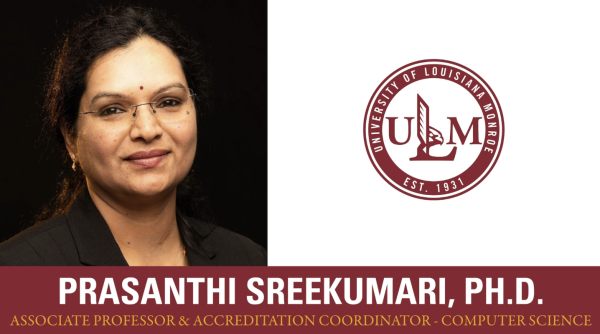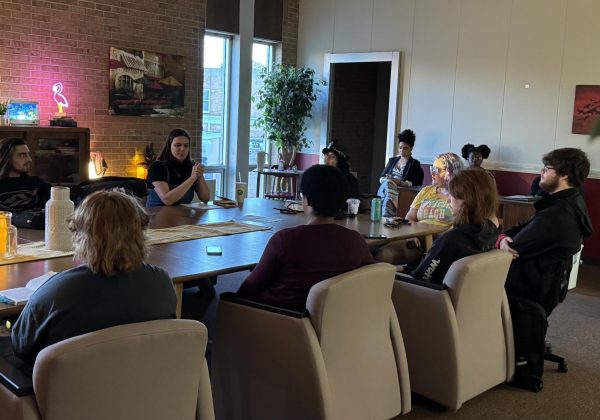Yom kippur: A day of forgiveness, hope
Yom Kippur, also known as the Day of Atonement, is one of the holiest days in the Jewish calendar and concludes the series of High Holy Days that occur in the month of September.
The holiday commenced Friday evening and continued until Saturday night. The Jewish holiday is significant in that this is the final opportunity for Jews to receive forgiveness for sins committed against God within the last year. According to Jewish tradition, God classifies people as good, intermediate or evil.
Rosh Hashanah, the two-day New Year celebration, begins the judgment period. People who are considered evil are destined for misfortune and people who are good are written in the Book of Life. The people classified as intermediate have a ten-day period to be absolved of their sins until the conclusion of Yom Kippur. Once Yom Kippur is over, a person’s fate is sealed in the Book of Life for the coming year.
Those who practice Judaism fast from food and water for a period of 24 hours on the day of Yom Kippur and attend multiple prayer services in the synagogue until evening.
Judy Caplan-Ginsburgh is a rabbi at the Temple B’nai Israel, the Reform synagogue in Monroe.
“In Judaism, we tell people that you don’t have to come to synagogue to pray, but most Jews do show up on Yom Kippur,” Caplan-Ginsburgh said. “There’re many traditional prayers only recited on Yom Kippur, prayers of penitence, prayers of confession, prayers of hope.”
Robert Eisenstadt is the director of the Center for Business and Economic Research at ULM and is the current president of the Temple B’nai Israel. He mentioned the various celebrations that happen once Yom Kippur ends.
“The end of Yom Kippur is typically followed with what’s called a break the fast…and it’s usually made up of some pretty marvelous sorts of food,” Eisenstadt said.
He said during this time of celebration, many people fellowship with friends and family that one may not see on a regular schedule.
The Temple B’nai Israel has been present in the Monroe community since 1868, and the synagogue contains a museum and archive which house information about Judaism and the Jewish history of Northeast Louisiana.


